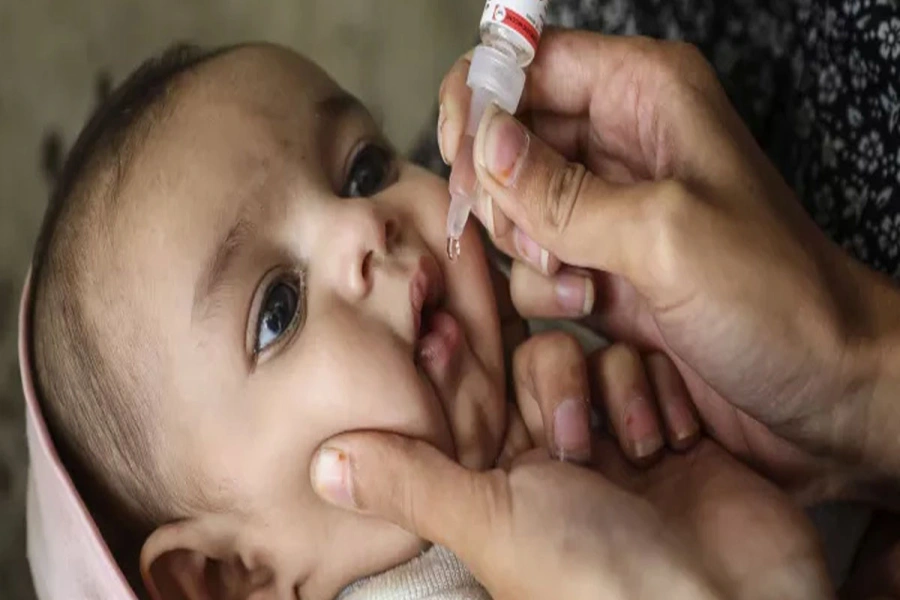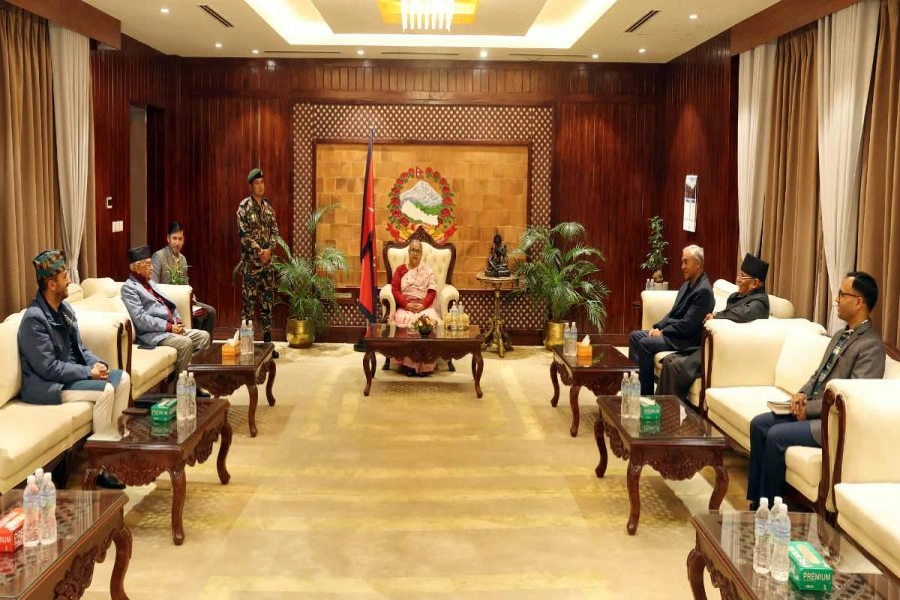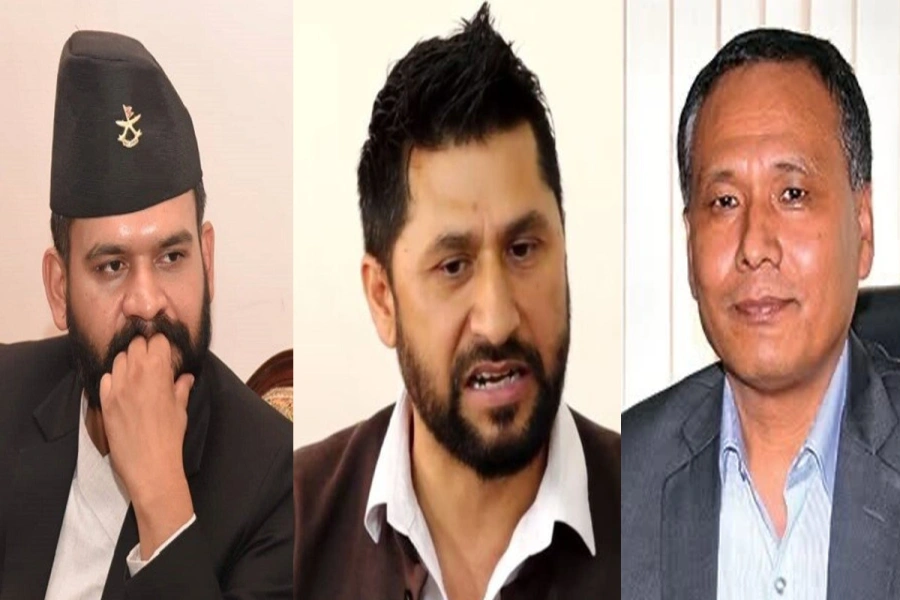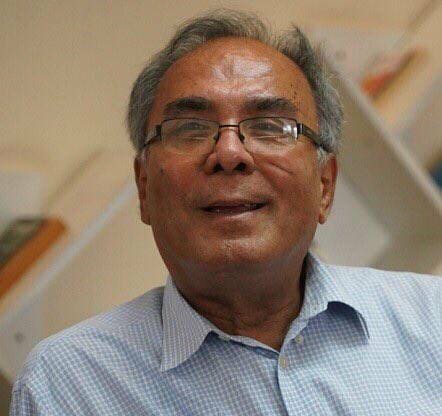A student at the university said the assailants attacked the students in the hostel following minor altercations. “Raju Sherchan, a student, had jumped the line while submitting practical assignments four days ago. Sherchan had chided Om Prakash Pandit during the dispute,” the student said.[break]
“Sherchan and his friends, most of whom do drugs, then stormed the hostel Friday night with sharp weapons in hands and attacked students at the hostel,” the student claimed.
One, Dipak Giri, who was stabbed in his stomach, and Sailuja Nanda Bhurel, who was thrown from the third floor of the building, are among the seriously injured and are being treated at the intensive care unit of the Chittagong Medical College, a government hospital.
“Bhurel has deep wounds in different parts of his body and is yet to regain consciousness,” the student revealed. “His jaw has been fractured. He has lost four teeth and has received a leg injury,” the student, who refused to be identified, added. The students said the assailants locked Giri inside his room after stabbing him. “Giri is in a critical condition. The surgeons are assessing the damage,” the student said.
Pandit, Jag Lal Jaiswal, Pushpa Bhusal, Soubhagya Shah, Sanjaya Yadav, Mohammad Imran, Dipesh Uprety and Shekhar Yadav are the other MBBS students who were injured in the incident. They have sustained injuries to head and other parts of their body.
The student identified Rajendra Dhungana, Shambhu Sen Tumbafo, Ratna Shahi, Dinesh Raj Dahit, Sherchan, Susabin Rai, Durga Gurung and Ghanashyam Rai as the assailants.
The student also claimed that a few of the attackers´ friends later visited the hospital and threatened the injured students to change their statement.
Sources at the Nepali Embassy in Bangladesh quoting the university authorities claimed all the injured are out of danger.
“We have demanded security for our students with the Bangladesh government and the local security persons have now been deployed at the college,” a Nepali Embassy source said.
But the student claimed there is no security arrangement in the university. “No security has been provided so far and they (assailants) have been continuously threatening us and trying to make this case weak,” the student claimed.
Ten students arrested from RR College following clash between s...






































